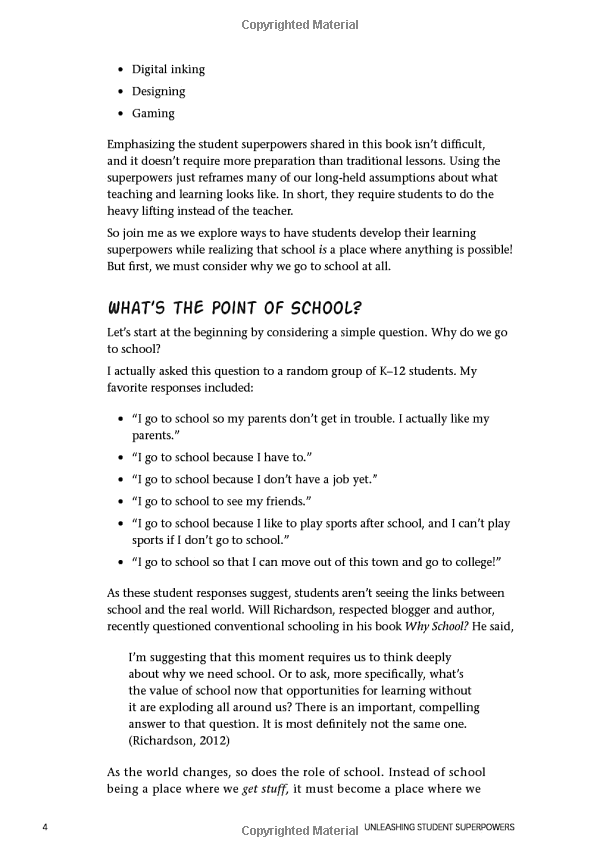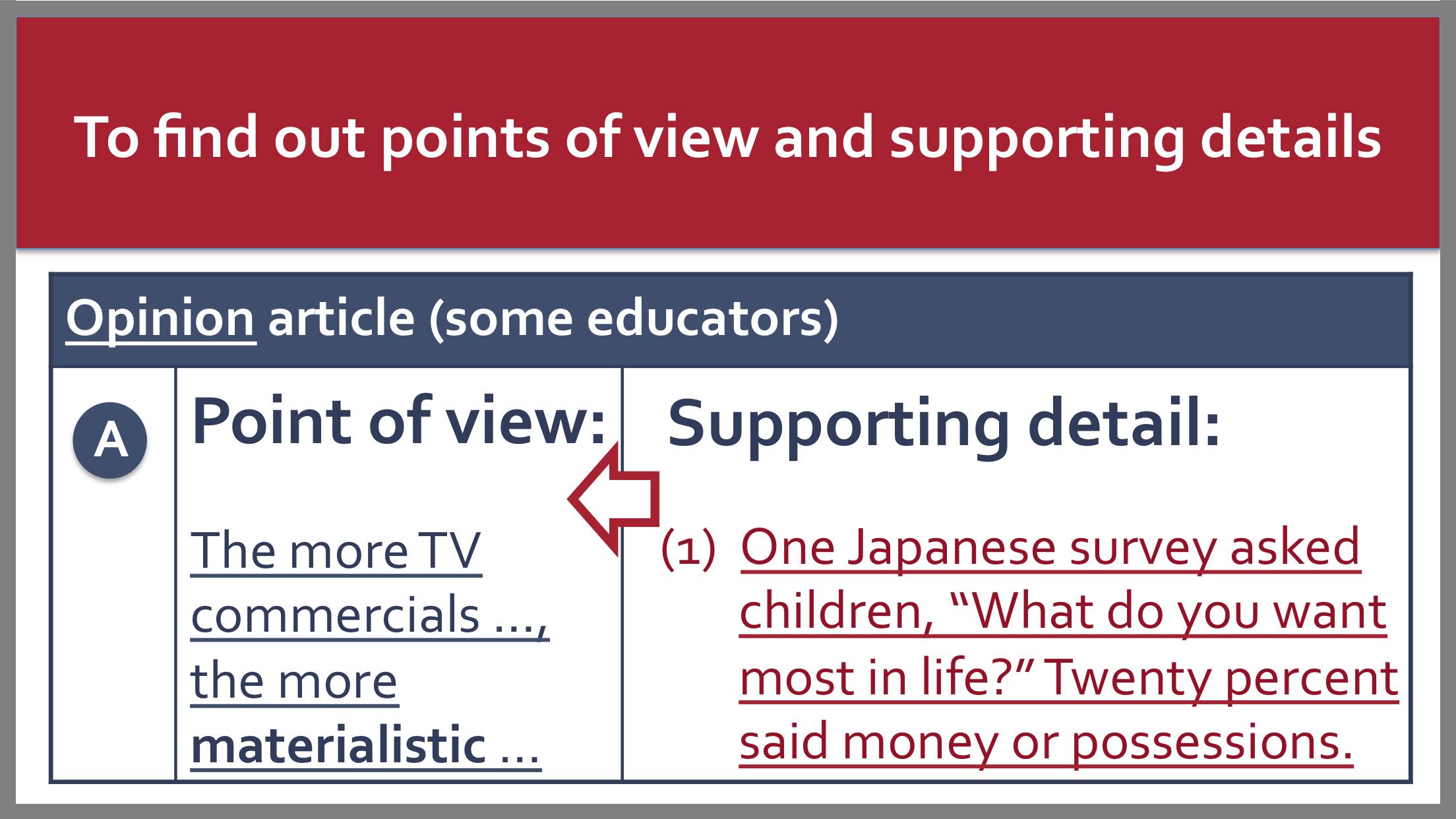"Essential Guide on How to Apply for a Student Loan: Tips, Requirements, and Best Practices"
#### Understanding the Basics of Student LoansApplying for a student loan can be a daunting task for many students and their families. It’s essential to und……
#### Understanding the Basics of Student Loans
Applying for a student loan can be a daunting task for many students and their families. It’s essential to understand what student loans are, how they work, and the different types available. Student loans are financial aids designed to help cover the cost of higher education, including tuition, fees, and living expenses. They typically come in two forms: federal loans, which are funded by the government, and private loans, which are offered by banks and financial institutions.
#### Why You Should Apply for a Student Loan
Many students find themselves in need of financial assistance to pursue their educational goals. Applying for a student loan can provide the necessary funds to cover tuition and other expenses, allowing students to focus on their studies without the stress of financial burdens. Moreover, federal student loans often come with lower interest rates and more flexible repayment options compared to private loans. Therefore, understanding the benefits and options available is crucial for making informed decisions about financing your education.
#### Steps to Apply for a Student Loan
The process of applying for a student loan typically involves several steps:

1. **Research Your Options**: Before applying, it’s crucial to research the different types of student loans available. Federal loans, such as Direct Subsidized and Unsubsidized Loans, are often the best starting point due to their favorable terms.
2. **Complete the FAFSA**: The Free Application for Federal Student Aid (FAFSA) is the first step in applying for federal student loans. It requires personal and financial information to determine your eligibility for financial aid.
3. **Review Your Financial Aid Offer**: After submitting your FAFSA, you will receive a financial aid offer from your school, detailing the types and amounts of aid you qualify for, including loans.
4. **Accept the Loan**: If you decide to take out a student loan, you will need to formally accept it through your school’s financial aid office.
5. **Complete Entrance Counseling**: For federal loans, you may be required to complete entrance counseling to ensure you understand your responsibilities and options.

6. **Sign the Master Promissory Note**: This is a legal document in which you agree to repay the loan and any accrued interest.
#### Common Mistakes to Avoid When Applying for a Student Loan
When applying for a student loan, it’s essential to be aware of common pitfalls that can lead to financial difficulties later on. One common mistake is borrowing more than necessary. It’s vital to only take out what you need to cover your costs, as loans must be repaid with interest. Additionally, failing to read the terms and conditions of the loan can lead to unexpected fees or unfavorable repayment terms.
#### Repayment Options and Strategies
Once you graduate, it’s time to start thinking about repayment. Understanding your repayment options is crucial to managing your student loan debt effectively. Federal loans typically offer various repayment plans, including income-driven repayment plans that adjust your monthly payments based on your income. It’s also advisable to consider making payments while still in school if possible, as this can significantly reduce the total interest paid over the life of the loan.

#### Conclusion
In conclusion, applying for a student loan is a significant step in financing your education. By understanding the process, researching your options, and being mindful of common mistakes, you can navigate the student loan landscape more effectively. Remember to take advantage of federal loans first, complete the FAFSA, and familiarize yourself with repayment options to ensure a smoother financial journey through and after college. With the right information and preparation, you can make informed decisions that will benefit your educational and financial future.